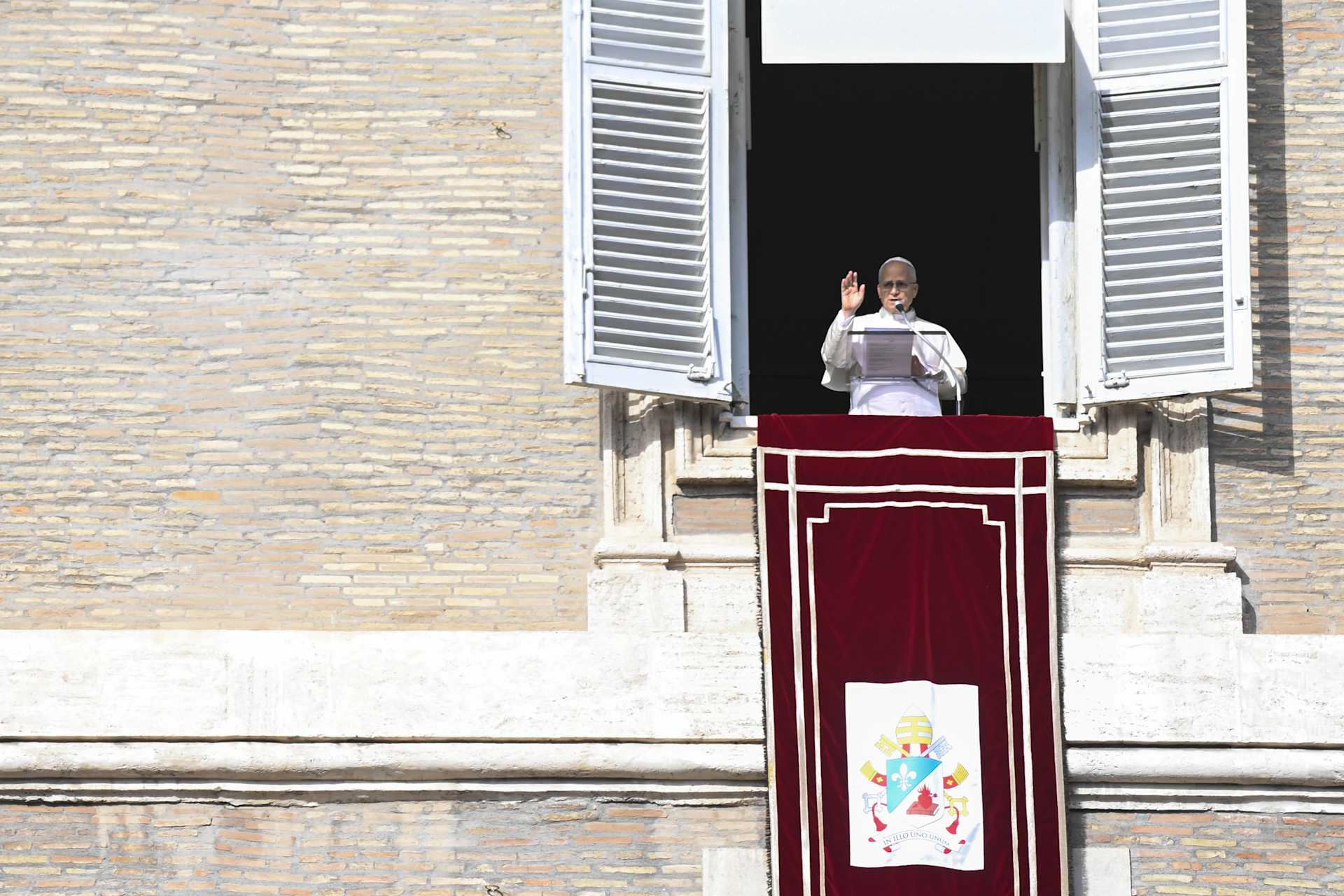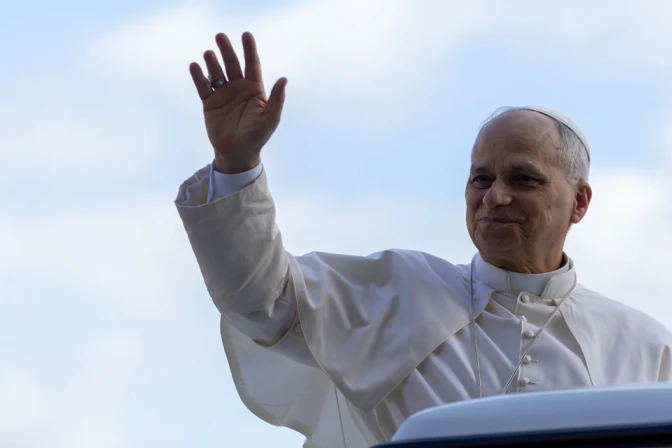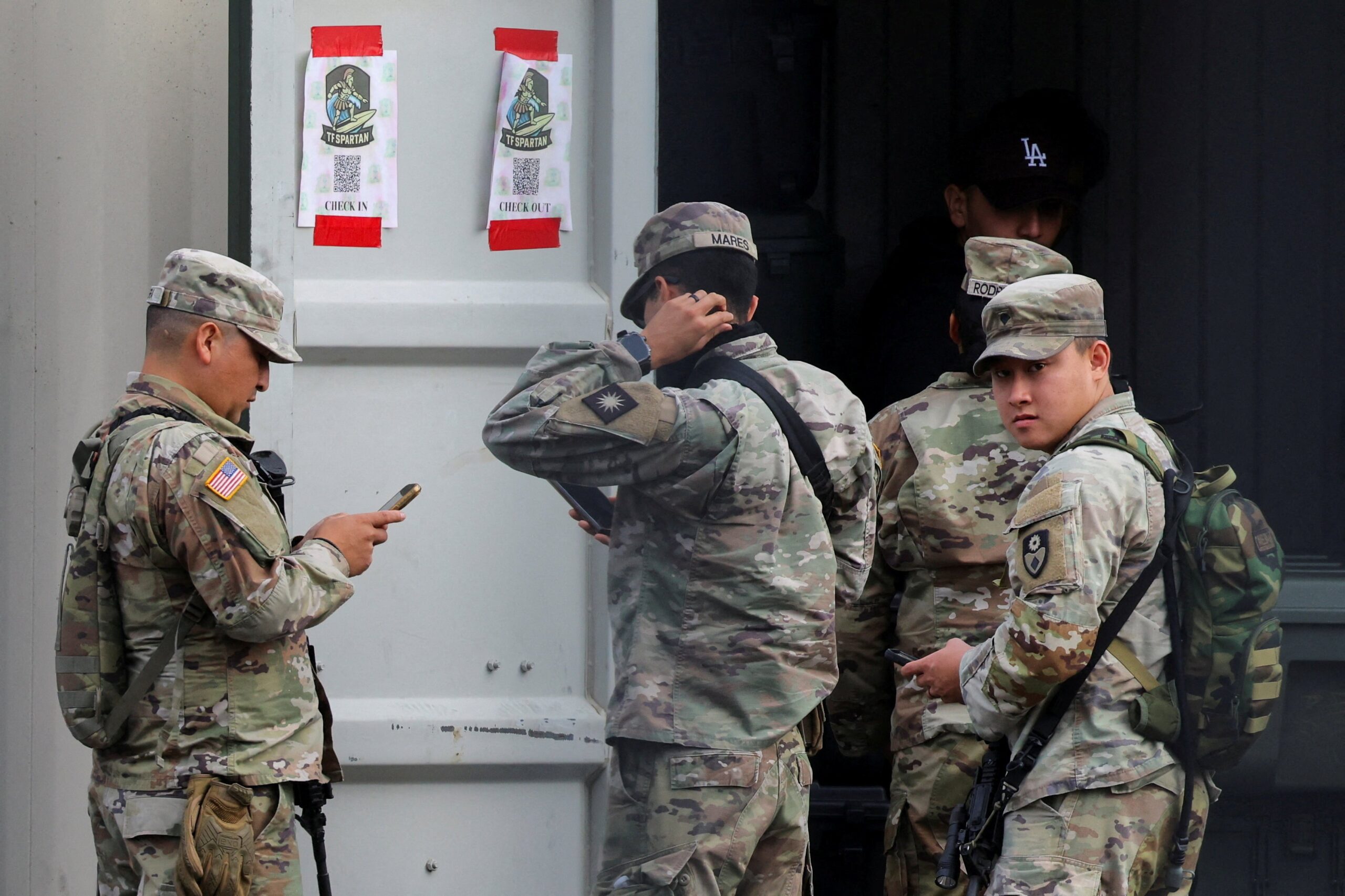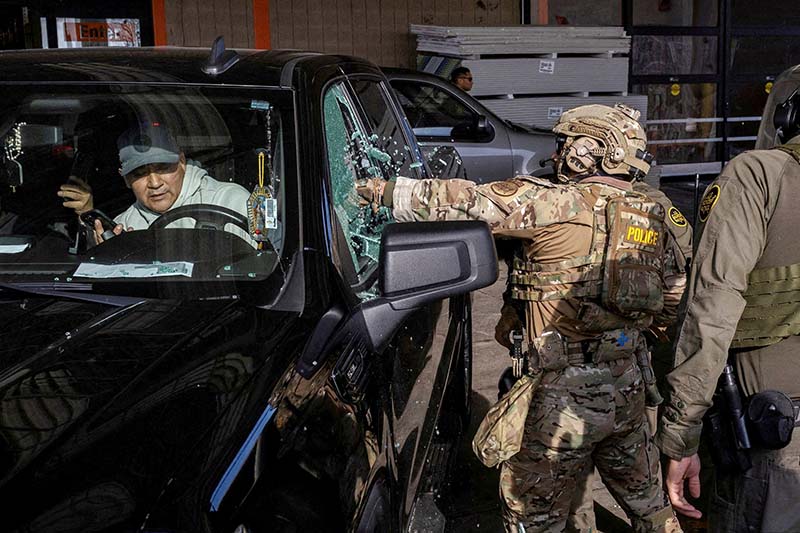5 key takeaways from the Czech election
PRAGUE — Right-wing populist Andrej Babiš and his ANO movement won the Czech parliamentary elections by a large margin, but his path to the premiership is anything but straightforward.
With 99.9 percent of the ballots counted, ANO had a decisive lead with 35 percent, well ahead of Prime Minister Petr Fiala’s center-right governing coalition, Spolu (Together), which had 23 percent. ANO’s tally is the highest percentage ever achieved by a single party in a Czech parliamentary election.
POLITICO brings you five key takeaways from the pivotal election.
1. Forming a government could take months
ANO failed to secure a majority in the 200-seat lower house, which means Babiš will need parliamentary support to form a government. That could be a drawn-out process, as all the mainstream parties have ruled out cooperating with Babiš.
“The negotiations won’t be simple at all, and they won’t be quick either. I really think that forming the government could take quite some time. It might drag on for several months,” said Petr Kaniok, political scientist at Masaryk University in Brno.
Babiš on Saturday evening said he aims to form a single-party minority government supported by the far-right Freedom and Direct Democracy (SPD) party and the right-wing populist Motorists for Themselves. “We will lead talks with the SPD and Motorists and strive for a single-party government led by the ANO movement,” he said.
2. It could have been worse
Babiš is not Viktor Orbán — as long as he isn’t pressured by extremists, analysts say, which makes their poor results in this election a reason for cautious optimism.
The far-left coalition Stačilo! (Enough), which calls for leaving both NATO and the EU and favors closer relations with Russia, did not make it above the 5 percent threshold to enter parliament despite strong polling during the campaign. The eurosceptic SPD got only 8 percent, much less than the predicted 13 percent, reducing its leverage in any potential cooperation with Babiš.
“Babiš could form his own government without likely having to make any agreements that would be anti-European,” said political marketing expert Anna Shavit, who used to work on the Babiš campaign.
Kaniok at Masaryk University called the results for extremists “good news.”
“The most radical groups — namely Stačilo! and SPD — received fewer votes than expected. … From the point of view of the future of Czech foreign policy — and also European policy — it’s clearly good news, because you could say that the ANO movement in some respects was radical in its rhetoric, trying to appeal strongly to their voters,” Kaniok told POLITICO.
“I think that by not having to rely on them so much in forming a government, any resulting government might not be as radical in its stance,” he said.
3. Wild card up the president’s sleeve
Czech President Petr Pavel, who has discretion over appointing the prime minister, will meet all the parties that entered parliament on Sunday. Traditionally, the president tasks the leader of the winning party to form a government. Once a government with at least a 101-seat majority is established, the president appoints the prime minister and ministers, but the government must still win a vote of confidence.
Pavel previously said he wouldn’t appoint ministers who advocate Czechia’s withdrawal from NATO or the EU. He also has said he is consulting lawyers on the question of whether to block Babiš over the conflict of interest posed by his large agriculture empire Agrofert.
The first potential situation now appears much less likely, as SPD underperformed, and the far-left Stačilo! fell short of the 5 percent needed to enter parliament. Both parties are anti-NATO and euroskeptic.
But the conflict of interest over Agrofert is still on the table. Czech law bars officials from owning or controlling a business that would create a conflict with their governing function. This doesn’t mean that ministers can’t own a business, just that they are mandated to prioritize the public interest over their own interest.
Babiš said in a televised debate ahead of the elections that he “would solve the conflict of interest,” but he did not specify how.
The possibility is slim, but Pavel still has the constitutional option to decline appointing Babiš as prime minister if he believes the proposed solution is insufficient.
4. Support to Ukraine could decrease
Babiš campaigned on reducing support to Ukraine and prioritizing the Czech Republic. He previously said he doesn’t support Ukraine’s membership in the EU. He famously criticized the Prague-led ammunition initiative — which delivers millions of rounds to Kyiv — and pledged to cancel it, suggesting that NATO should run the scheme instead.
The political analyst Kaniok said that ANO is not “openly on Russia’s side … but much more inclined toward Russia, much less toward Ukraine.”
European officials have been watching Babiš with concern as they worry he could become another disruptive figure in the EU alongside Hungary’s Viktor Orbán and Slovakia’s Robert Fico. Babiš denies this.
“We are clearly pro-European and pro-NATO, of course,” Babiš said at the press conference on Saturday following the results. “The EU has 27 members. Ukraine is not a member of the EU. We want, obviously, to talk about Europe, about European citizens, about the energy prices, the migration pact,” he added.
Babiš, together with Orbán, is a co-founder of the far-right Patriots for Europe group in the European Parliament. Several Patriots for Europe members, including Orbán and France’s Jordan Bardella, congratulated Babiš on his victory.
“Truth has prevailed! Andrej Babiš has won the Czech parliamentary elections with a convincing lead,” Orbán said in a post on X. “A big step for the Czech Republic, good news for Europe. Congratulations, Andrej!”
5. Babiš is still charged with alleged fraud
Babiš is currently awaiting a verdict from the Prague District Court over whether he defrauded the EU out of €2 million so that Agrofert could receive subsidies intended for medium-sized businesses.
The case hinges on whether the “Stork’s Nest” farm was carved out of Agrofert to make it look like a smaller, independent business. Unless new evidence is found, the court is obliged to take its lead from Prague’s High Court, which in June overturned an earlier ruling that had originally acquitted Babiš of wrongdoing.
Chances are that the lower chamber of parliament will have to vote on stripping Babiš of parliamentary immunity.




















:quality(85):upscale()/2023/09/18/918/n/1922398/a1136b676508baddc752f5.20098216_.jpg)
:quality(85):upscale()/2025/10/09/670/n/1922283/00b944c868e7cf4f7b79b3.95741067_.jpg)
:quality(85):upscale()/2025/10/15/765/n/1922398/29c37a6e68efd84bb02f35.49541188_.jpg)
:quality(85):upscale()/2025/09/09/891/n/1922283/7222624268c08ccba1c9a3.01436482_.png)
















